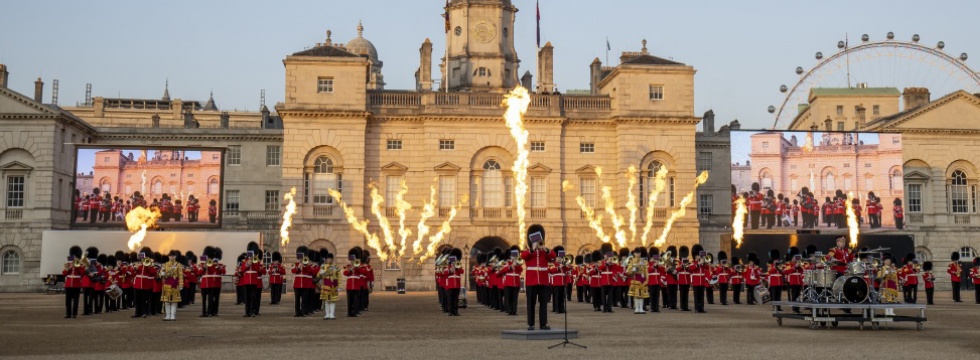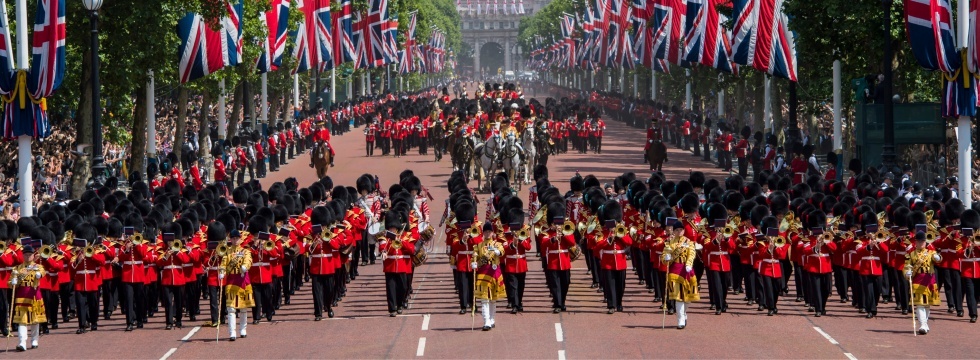Guards Magazine
Autumn Edition Now on Sale!
For more information go to www.guardsmagazine.com.

Autumn Edition Now on Sale!
For more information go to www.guardsmagazine.com.

Dates:Click 'Learn more' for more information.
Time:10:30am Wellington Barracks
11:00am Buckingham Palace

Dates:Click 'Learn more' for more information. Time:11:00am
Learn more
Dates:8th, 9th and 10th July 2026 Where:Horse Guards, London
Learn more Buy tickets
For a life of variety, opportunity and adventure
Learn more
Recording of music from the King's Birthday Parade 2025
Learn more